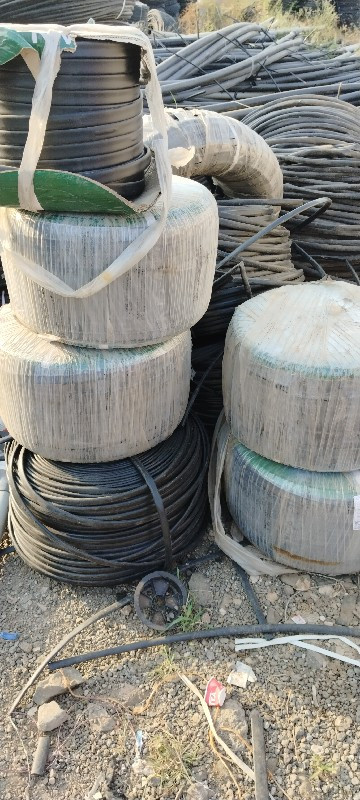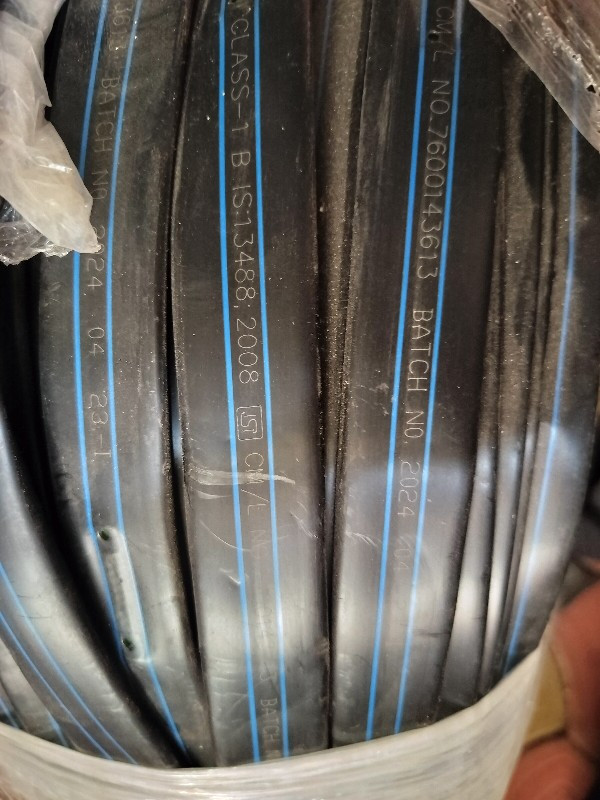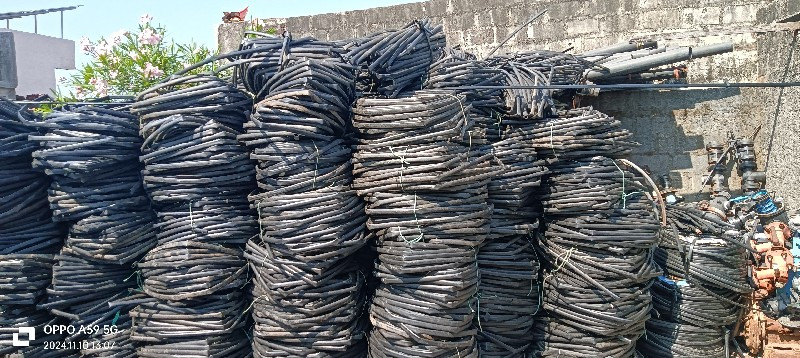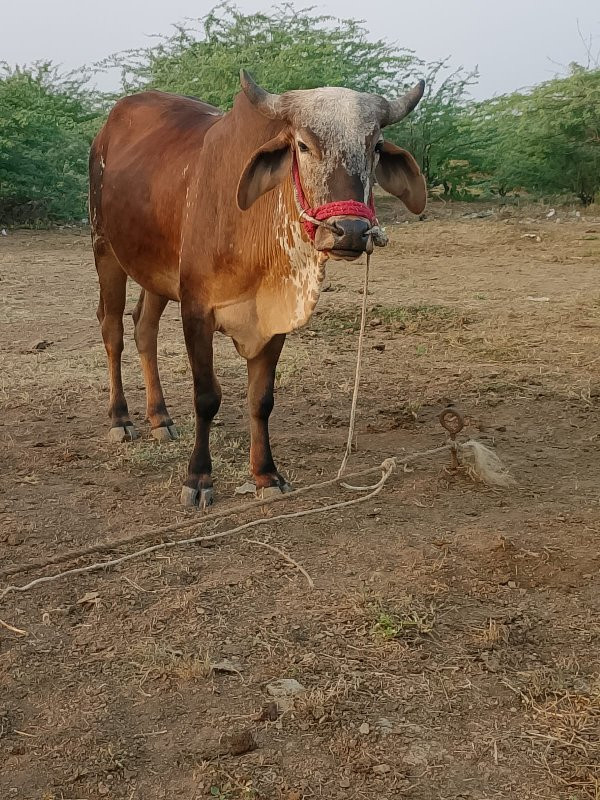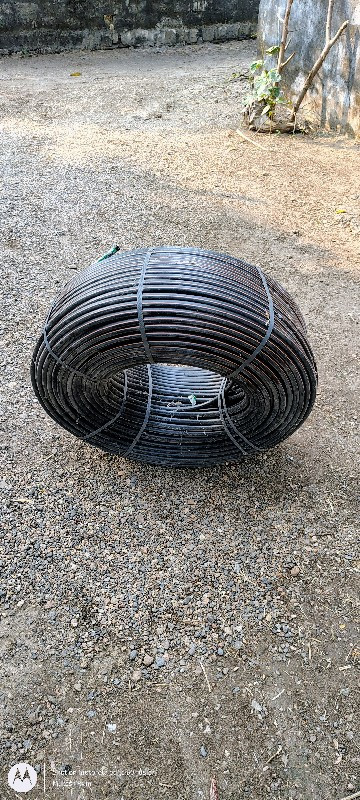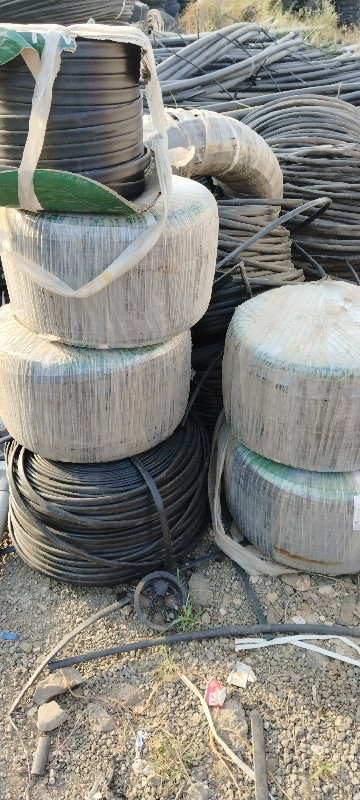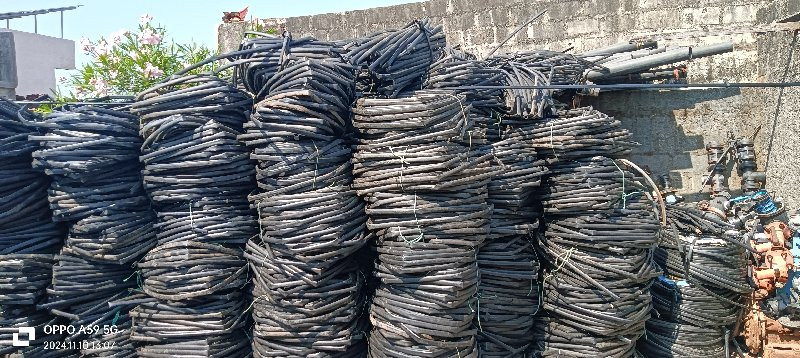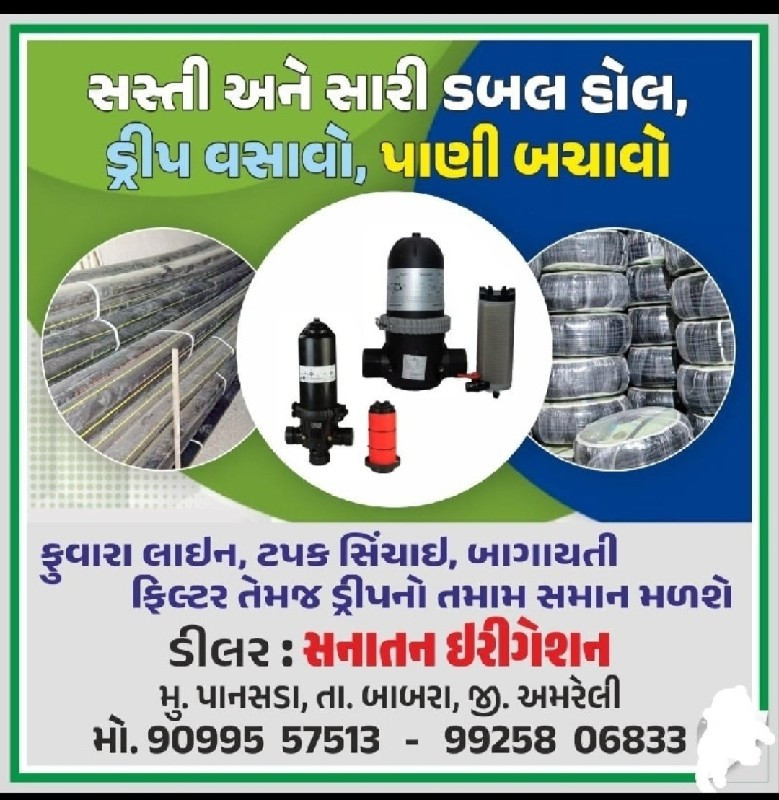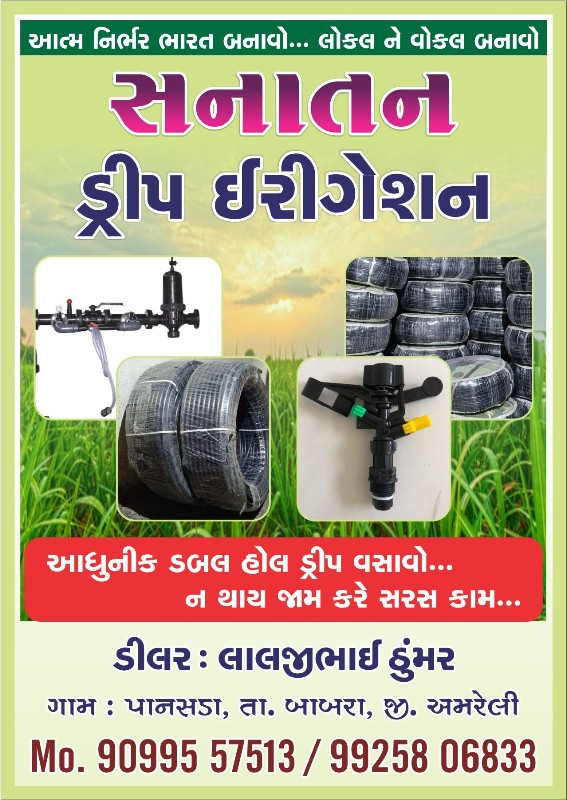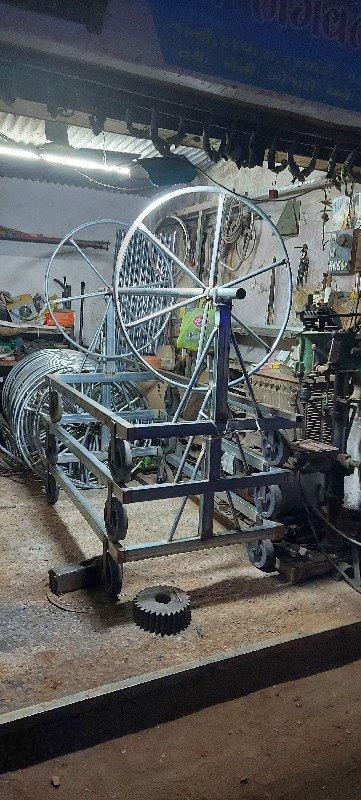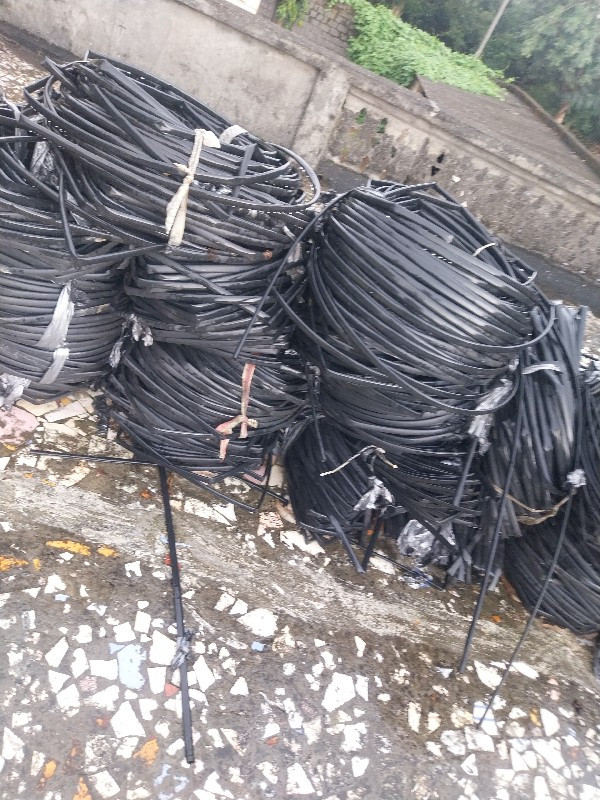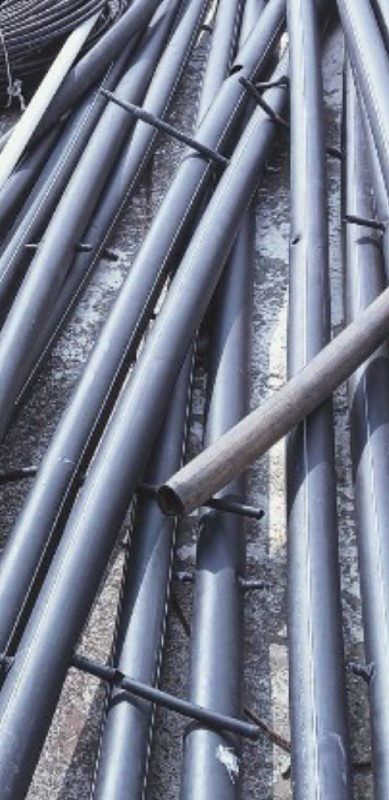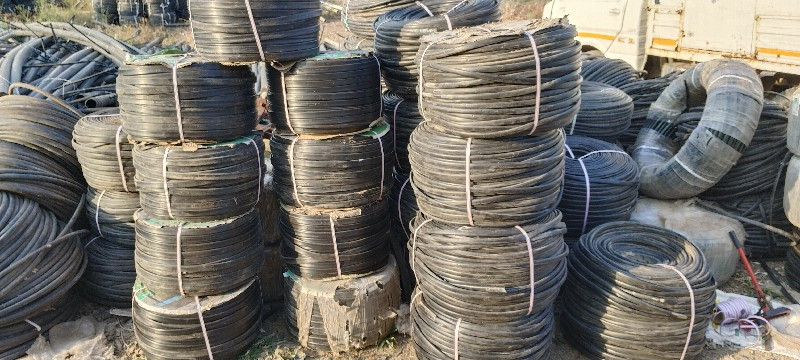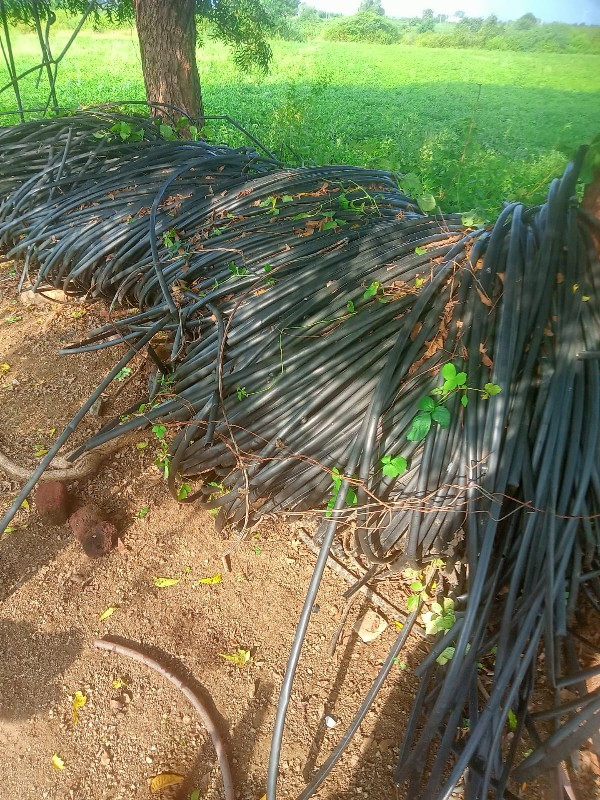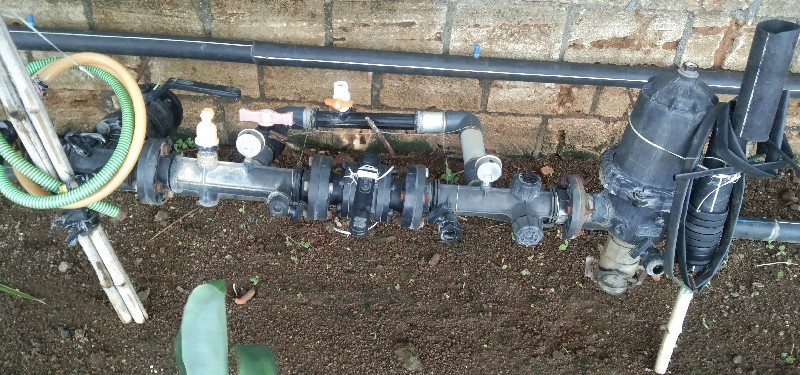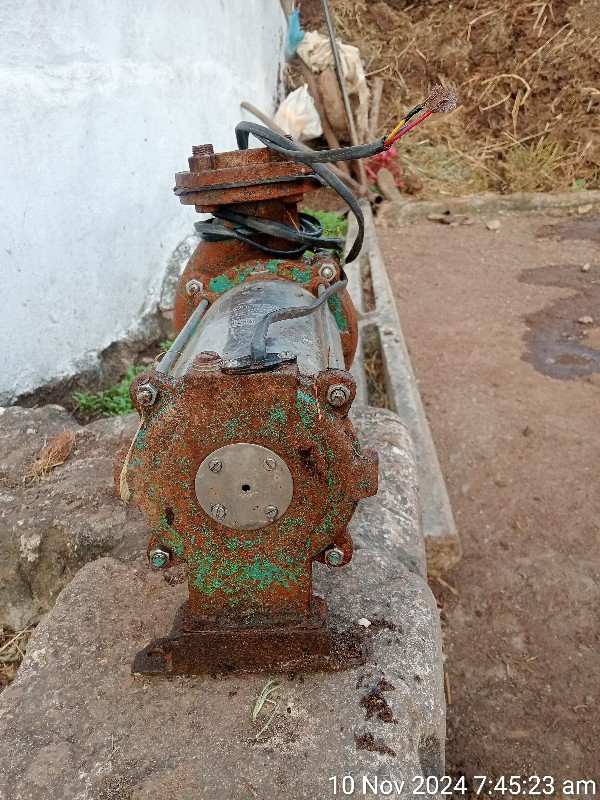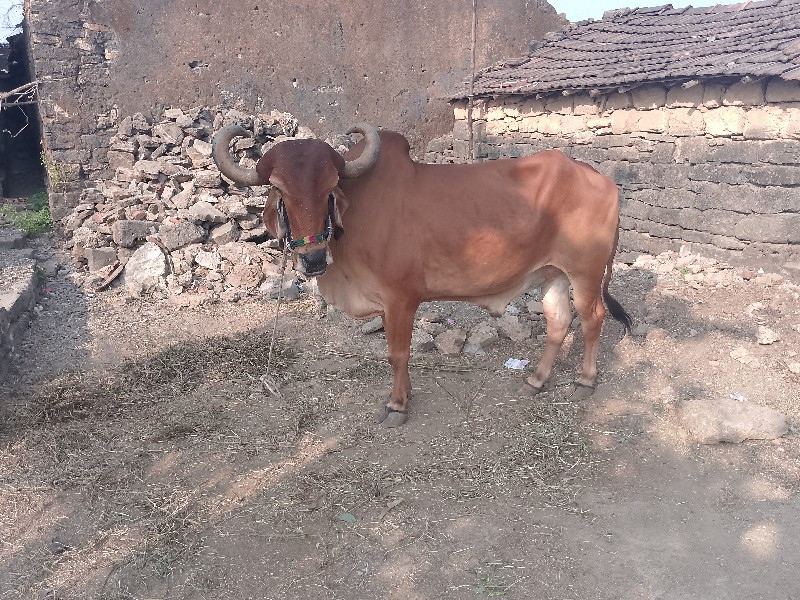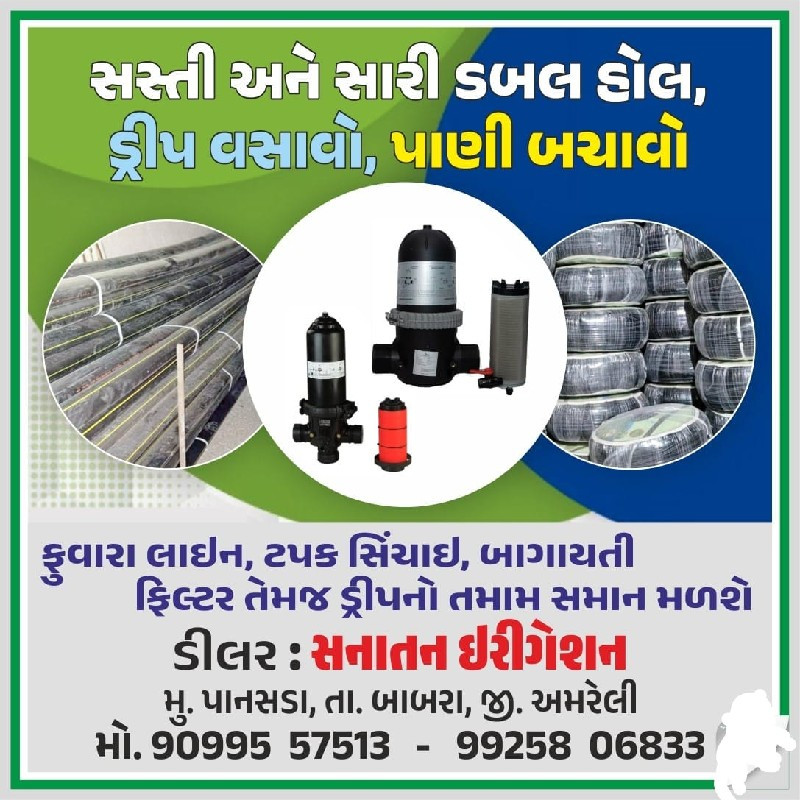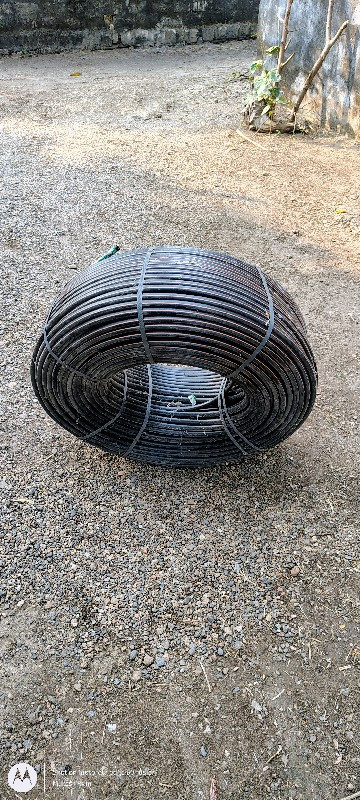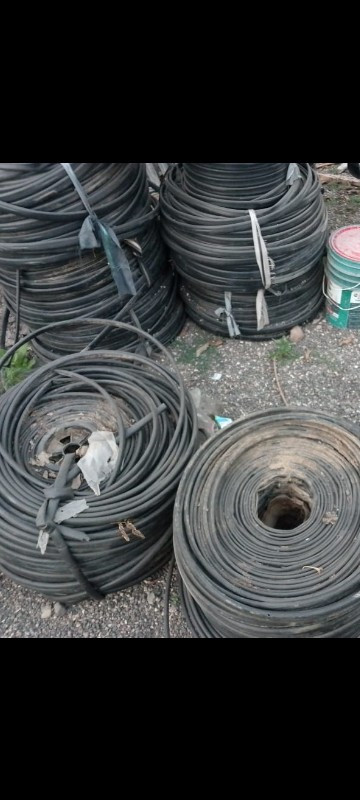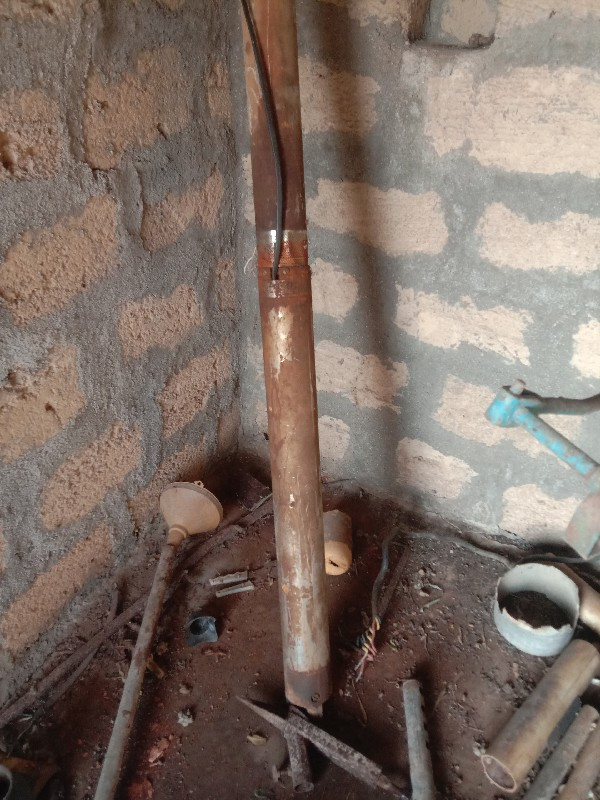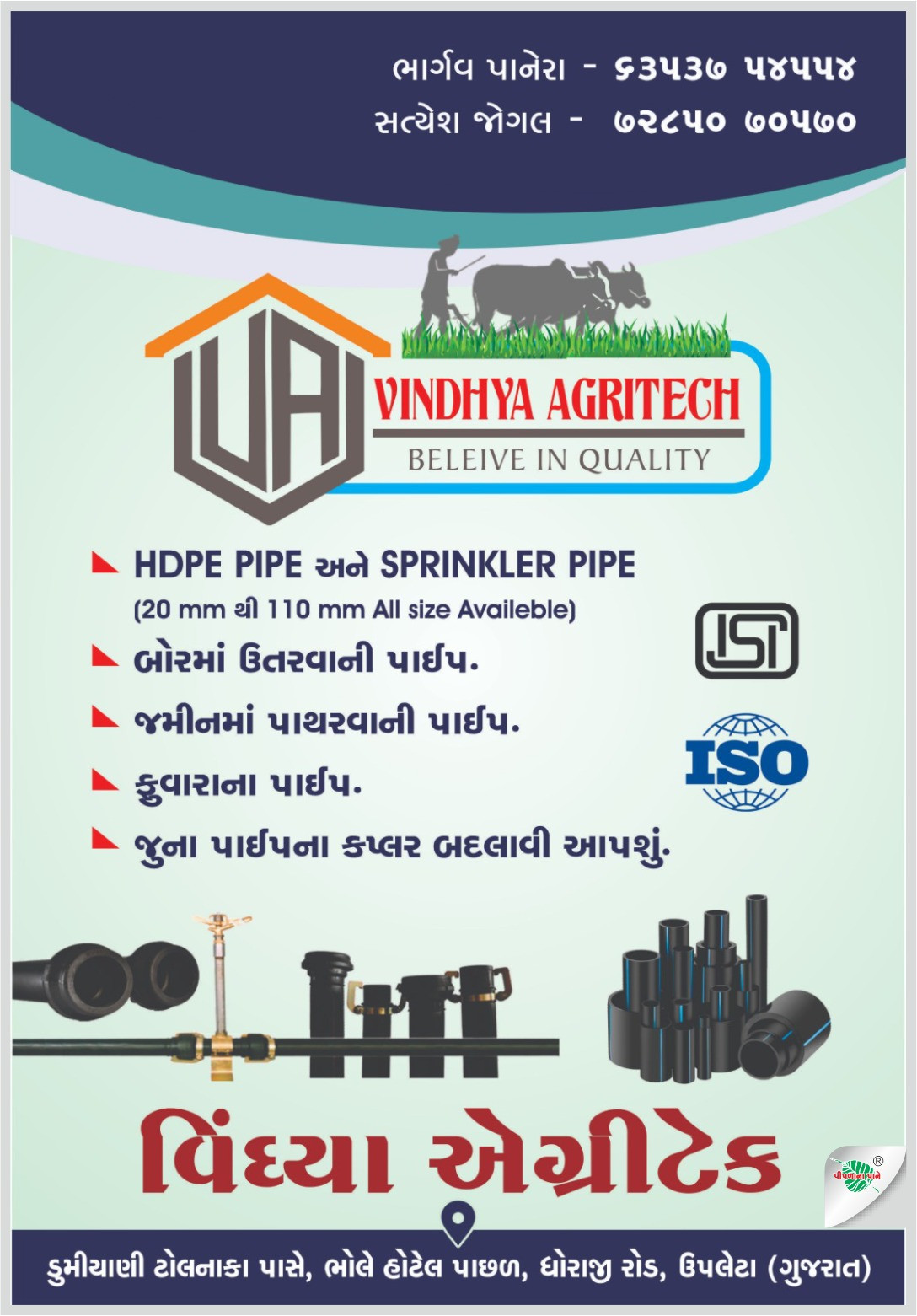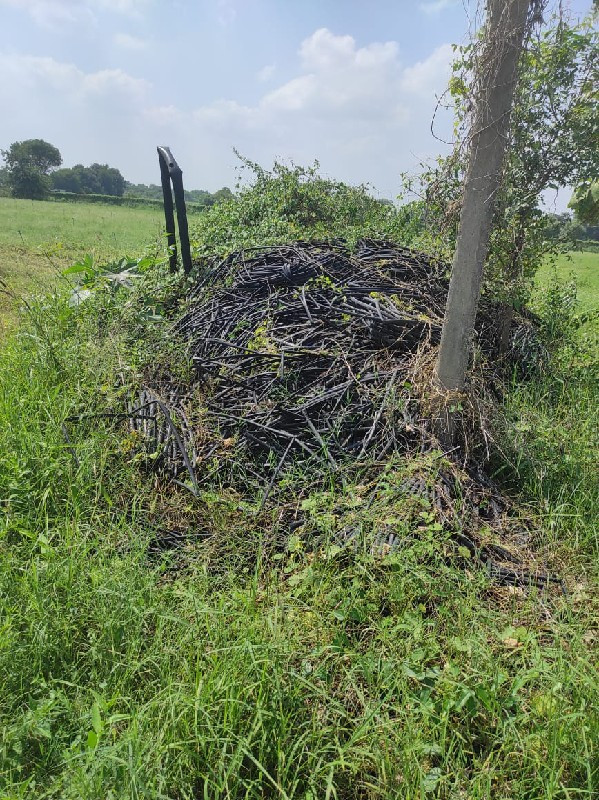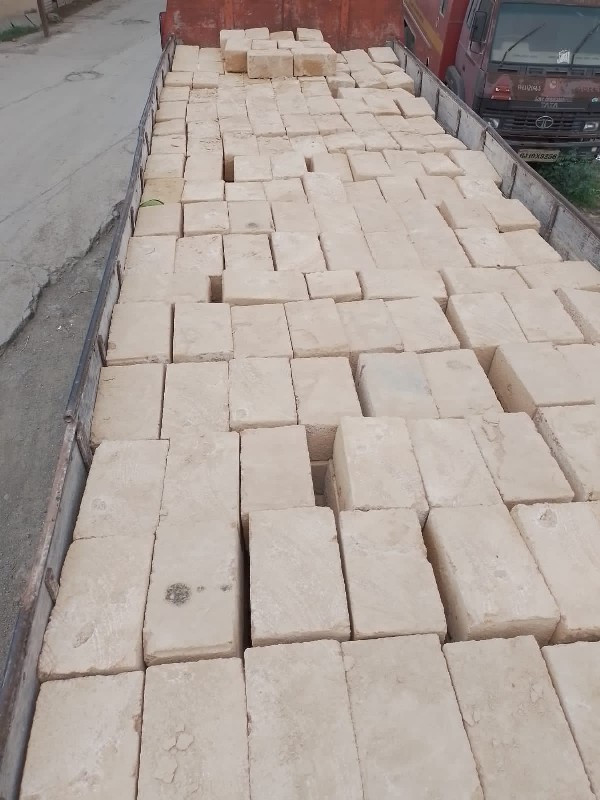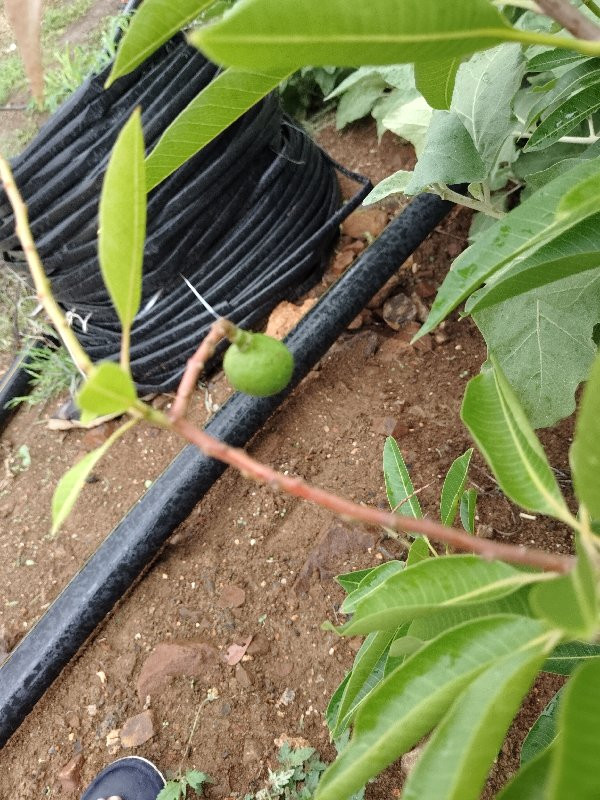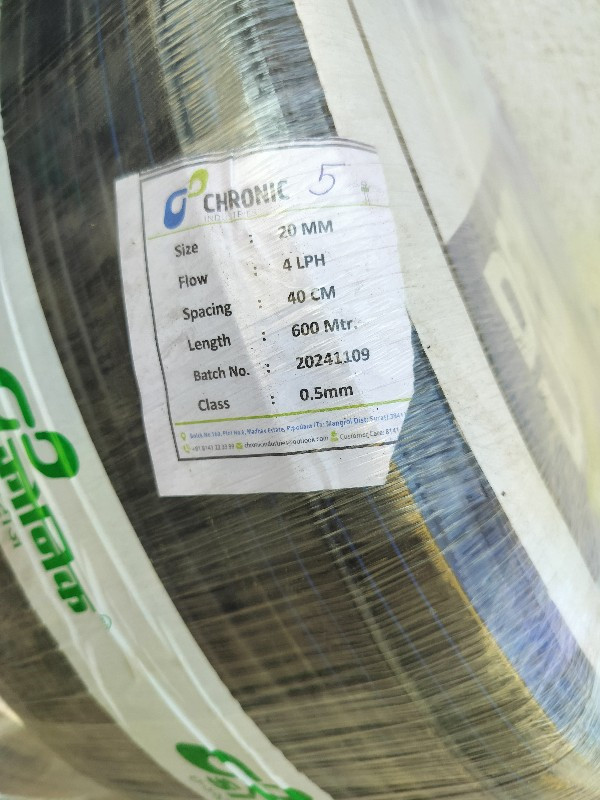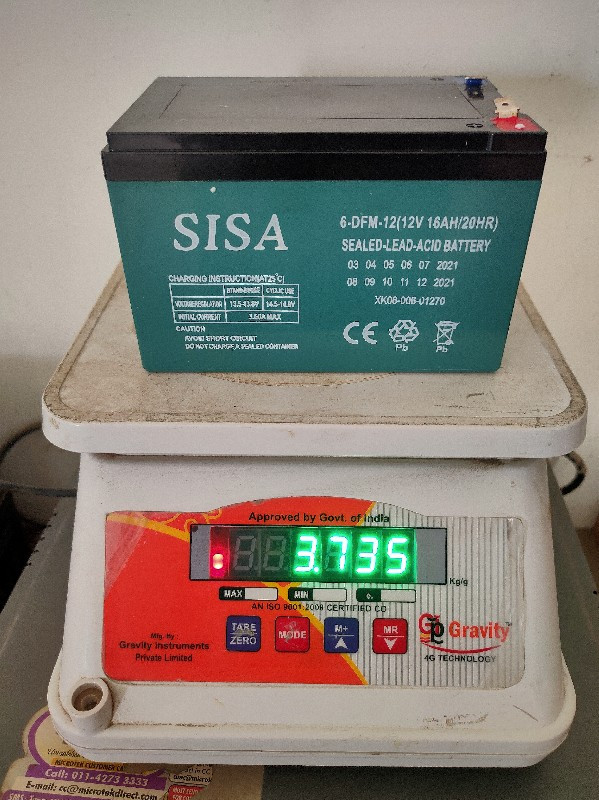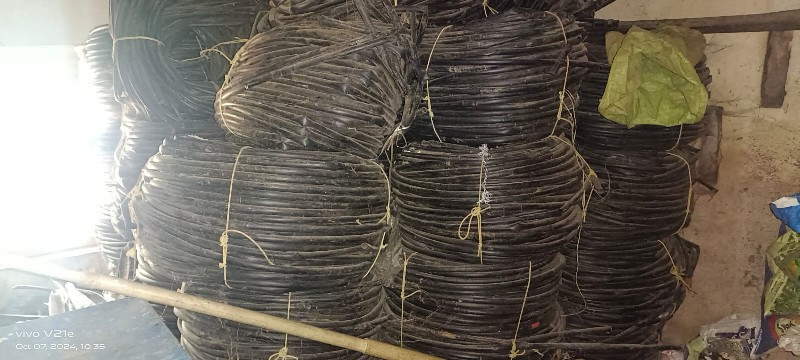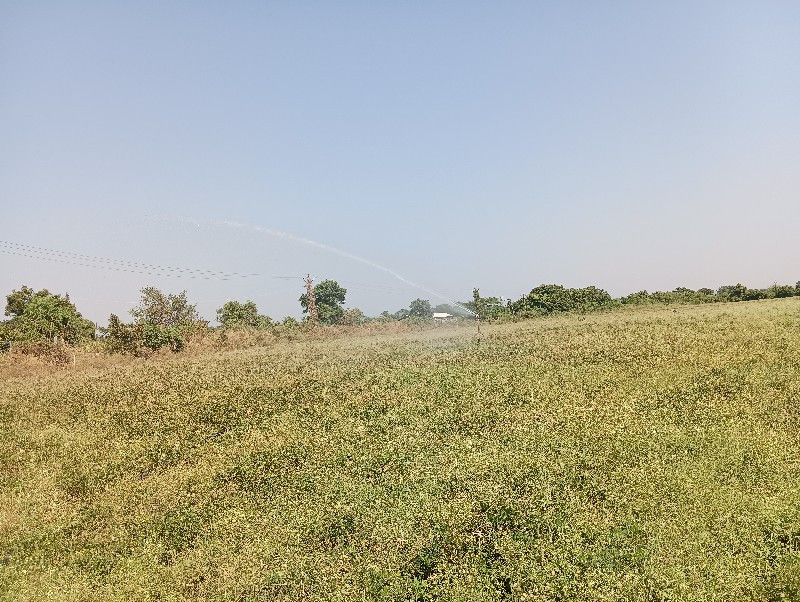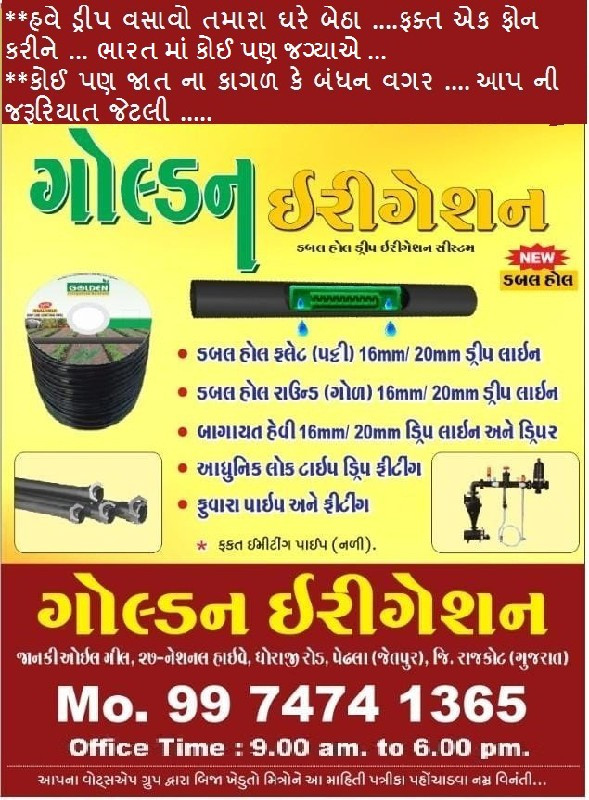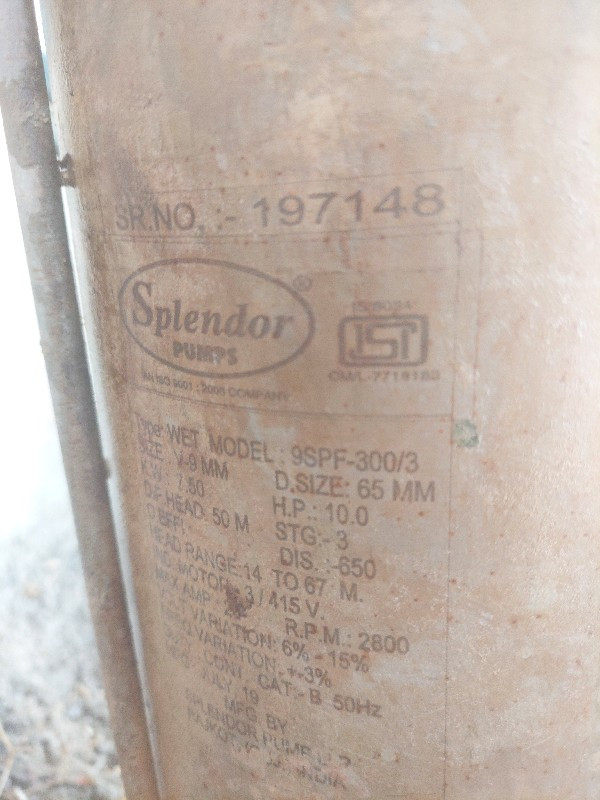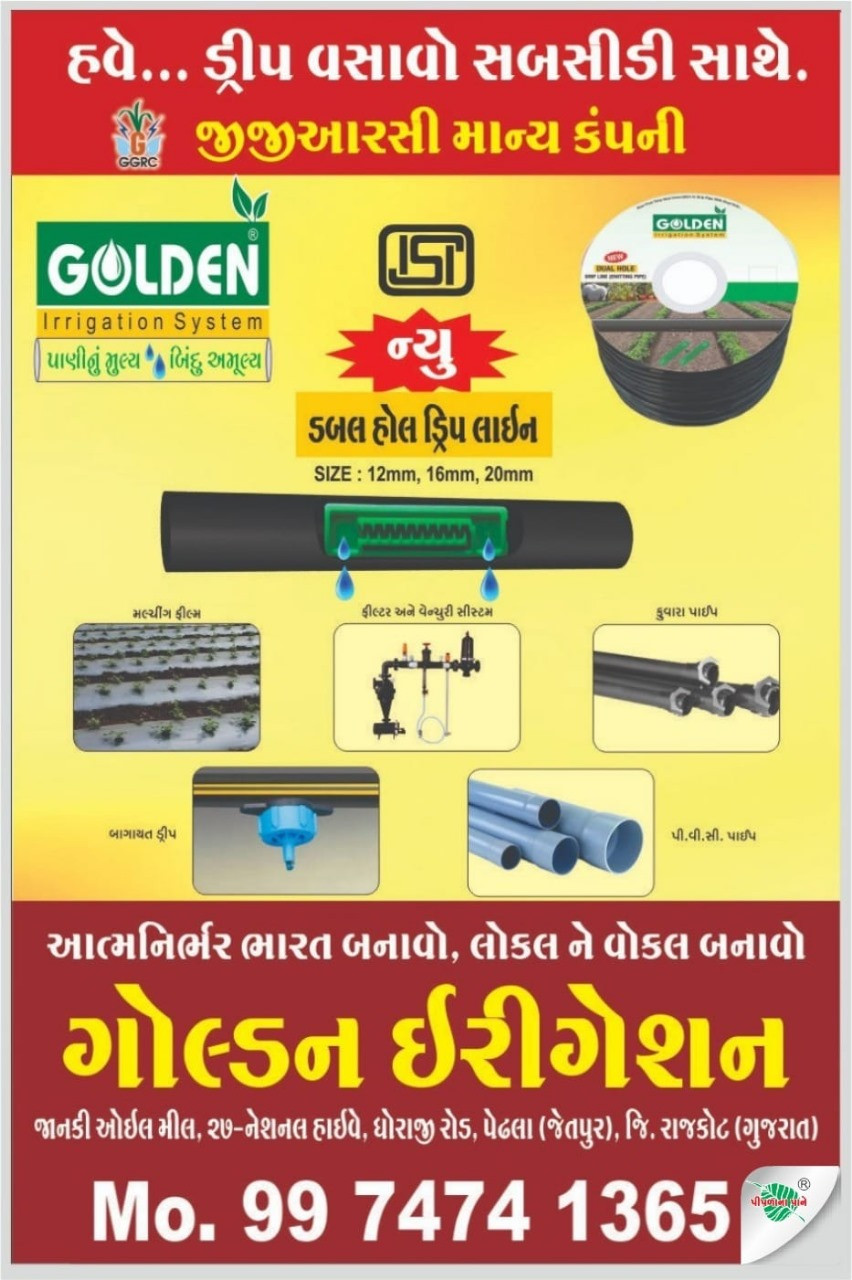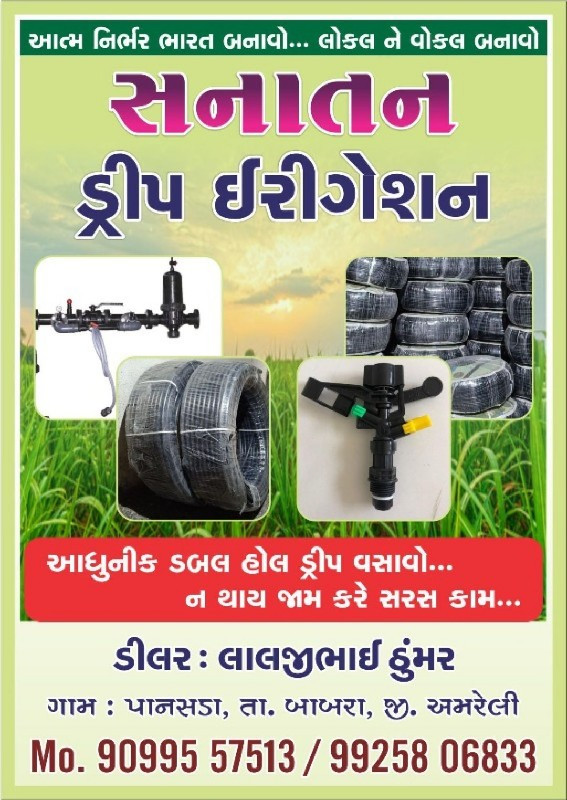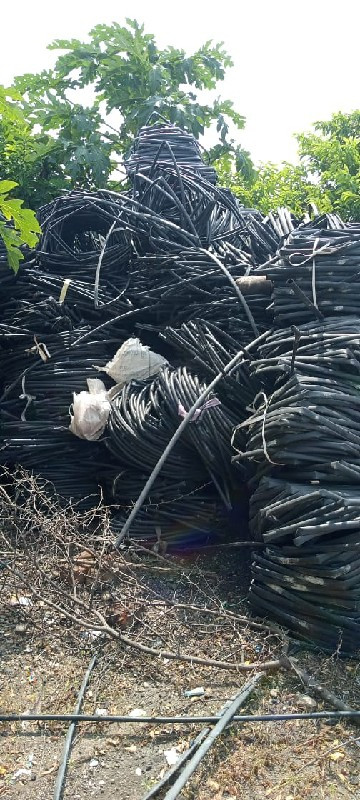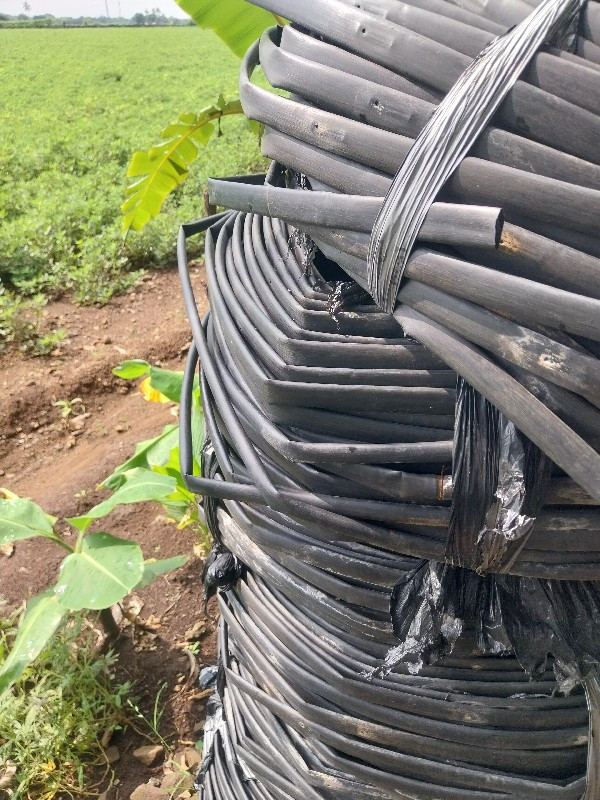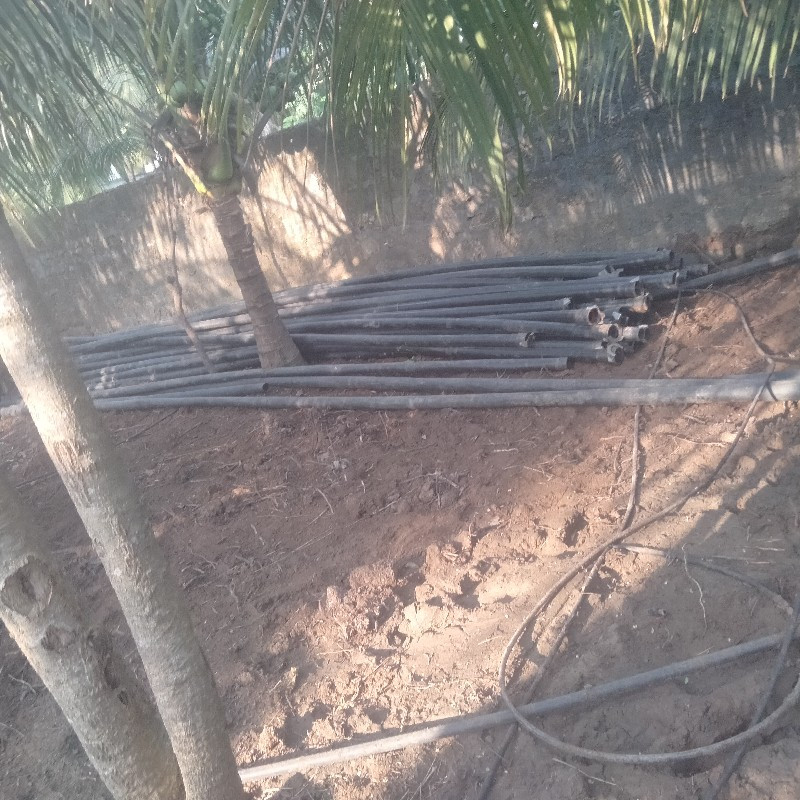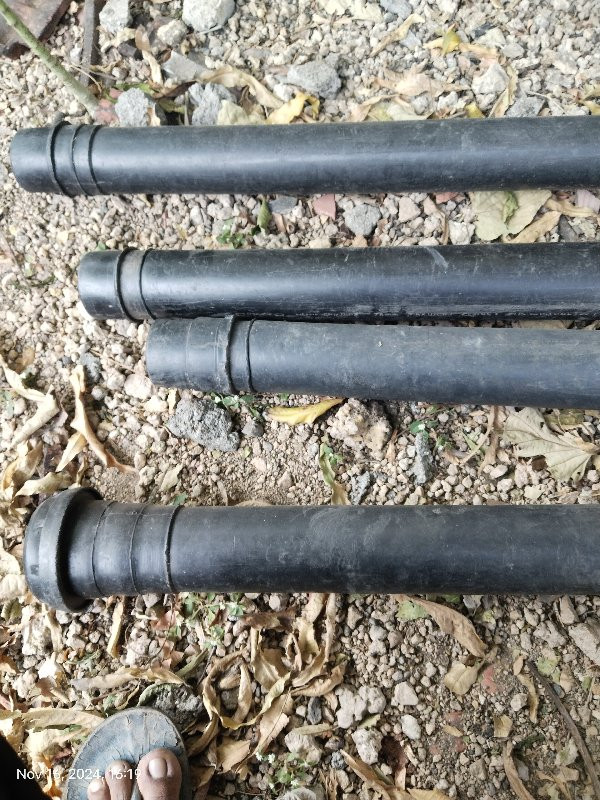
A Comprehensive Guide to Different Irrigation Systems
As a farmer or trader dealing with agricultural items, irrigation is a critical aspect that cannot be ignored. Irrigation is the artificial application of water to crops to ensure their growth and development. With different irrigation systems available, farmers can choose a system that best suits their needs.
In this article, we will explore the different types of irrigation systems, their advantages, and disadvantages.
Sprinkler Irrigation: Sprinkler irrigation is a type of irrigation system that sprays water in the form of rain over the crops. This system is useful for a wide range of crops and is suitable for areas with high winds. The advantages of sprinkler irrigation include reducing the risk of soil erosion and evenly distributing water. However, it can be expensive, especially for large farms, and can lead to water loss through evaporation.
Drip Irrigation: Drip irrigation is a type of irrigation system that delivers water directly to the roots of plants in a slow and steady manner. This system conserves water and reduces weed growth, making it an environmentally friendly and cost-effective option. However, drip irrigation can be complex to install, and regular maintenance is required to prevent clogging.
Flood Irrigation: Flood irrigation is a type of irrigation system that involves flooding the field with water. This system is useful for areas with low water availability and is cost-effective. However, it can lead to waterlogging and soil erosion, and nutrients can be washed away.
Furrow Irrigation: Furrow irrigation is a type of irrigation system that involves digging furrows and filling them with water. This system is suitable for crops that require high water availability and has low initial costs. However, it can lead to soil erosion and is labor-intensive.
Center Pivot Irrigation: Center pivot irrigation is a type of irrigation system that involves rotating a circular irrigation pipe around a pivot point. This system is suitable for large farms and can cover a vast area. However, it can be expensive to install and maintain.
Surface Irrigation: Surface irrigation is a type of irrigation system that involves distributing water over the soil surface. This system is suitable for flat areas and is cost-effective. However, it can lead to water loss due to evaporation and can be ineffective for sloping land.
Choosing the right irrigation system for your farm or agricultural business depends on various factors, such as crop type, soil type, and water availability. By understanding the different types of irrigation systems and their advantages and disadvantages, farmers and traders can make informed decisions that benefit both their crops and their bottom line.


